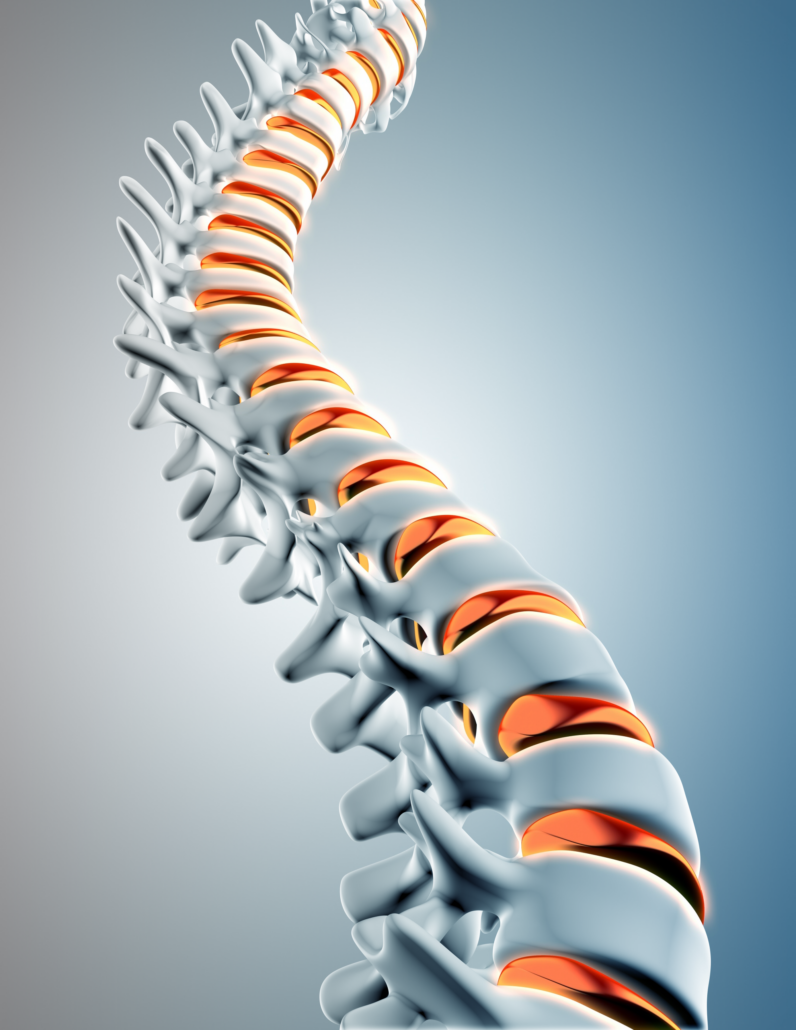Spinal Cord Injury
Research Study
Researchers at Johns Hopkins University are partnering with individuals who have had a traumatic spinal cord injury to participate in a 4-week cycling program. Join our compensated study today!
Fast Facts
traumatic spinal cord injury 6+ months ago
no non-removable metal in body
18-99 years old
Compensation Provided
If you Have a FES RT300 Cycling Bike, You May Cycle At Home Using Televisits
Baltimore, MD & fulton, MD
Study Background
When conducting therapeutic interventions for a spinal cord injury, it can be difficult to tell early on if the therapy is having an effect. Early feedback to an intervention makes it easier for a therapist to promptly adjust the program based on each person’s individual needs.
The goal of this study is to develop an MRI imaging technique that is sensitive to small changes in function and can provide early feedback during therapy. The intervention we will study is a functional electric stimulation (FES) cycling program. FES cycling is a method of applying low-level electrical currents to the leg and buttock muscles to cause the weakened or paralyzed muscles to contract and produce a cycling motion of the legs.
The FES cycling in this study will be done through a device called the RT300-SL Cycle Ergometer (RT300). This device has been cleared by the Food and Drug Administration (FDA) for use by individuals with spinal cord injury.
Your participation in this research study may benefit others in the future by improving methods for the study of nervous system structure and function. Further research today and join our compensated study!

Study Background
When conducting therapeutic interventions for a spinal cord injury, it can be difficult to tell early on if the therapy is having an effect. Early feedback to a given intervention makes it easier for a therapist to promptly adjust the program based on each person’s individual needs.
The goal of this study is to develop an MRI imaging technique that is sensitive to small changes of function and can provide early feedback during therapy. The intervention we will study is a functional electric stimulation (FES) cycling program. FES cycling is a method of applying low-level electrical currents to the leg and buttock muscles to cause the weakened or paralyzed muscles to contract and produce a cycling motion of the legs.
The FES cycling in this study will be done through a device called the RT300-SL Cycle Ergometer (RT300). This device has been cleared by the Food and Drug Administration (FDA) for use by individuals with spinal cord injury.
Your participation in this research study may benefit others in the future by improving methods for the study of nervous system structure and function. Further research today and join our compensated study!
Additional Information
You may qualify for this study if you meet the following criteria.
Key Criteria:
- 18-99 years old
- Traumatic spinal cord injury more than 6 months ago
- Generally healthy
- Able to undergo an MRI (no non-removable metal in your body)
- Able to lay still for extended periods during MRI
- Able to tolerate electrical stimulation
- No history of moderate or severe brain injury
- No major spine deformity (e.g. scoliosis, kyphosis, subluxation)
- No concurrent lower motor neuron disease, such as peripheral neuropathy
- No unstable long bone fractures of the lower extremities
- Not pregnant
- COVID-negative for at least 28 days
Screening: The first step is a review of your medical chart and MRI screening questionnaire. Then, you will come to the study site to complete a trial visit with the FES bike to see if you are able to cycle.
Baseline: If you qualify to participate, the next step is a baseline visit, which includes a neurological evaluation, functional evaluation, and MRI scan. You will repeat the baseline visit after 2 weeks and after 4 weeks.
Cycling: During the next 4 weeks, you will need to come to the International Center for Spinal Cord Injury at Kennedy Krieger Institute (ICSCI) 3 times per week for the cycling program. You will be randomly (by chance, like the flip of a coin) assigned to one of these two groups:
- 60 minutes of FES cycling, 3 times a week for 4 weeks (1 chance in 2)
- 60 minutes of passive cycling, 3 times a week for 4 weeks (1 chance in 2)
The first group will receive functional electric stimulation to make the legs cycle, while in the second group, the cycling motion will come from the bike and there will be no electrical stimulation. You will not know which group you have been assigned to.
After the 4-week study visit, your participation is complete.




